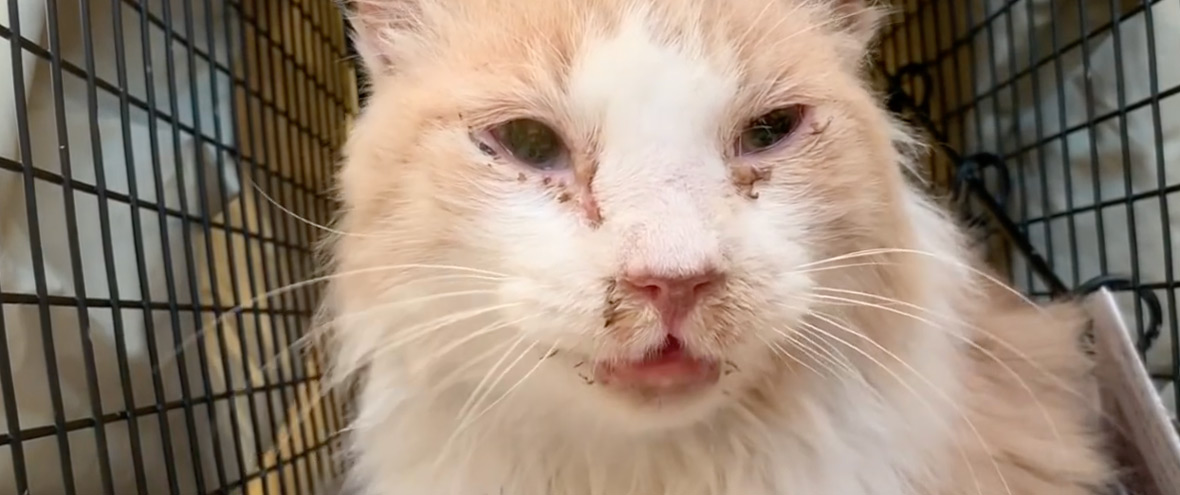- info@WinstonSalemanimalattic.com
Call 24/7 for a free quote:
336-792-4616
Signs and Symptoms of Sick Animals
Disease recognition in animal is essential especially if you are usually exposed to these creatures. Since most of the disease that they carry can be transmitted to humans and your
North Carolina pets, it would be best to remain vigilant on the signs of these animals’ diseases. Once you encounter an animal that is showing these symptoms, we highly encourage you to stay away from them and allow the professionals to handle this.

The Common Signs of Sick Winston Salem Animals
A sick animal will usually not have any appetite. Most pet owners will be aware of this fact. Depending on their illness, their water consumption can increase or decrease. A sick animal will choose to stay away from the colony to prevent the spread of the disease. They will prefer to lie down rather than to move around. In fact, some of them will not even budge even if you approached them. If they appear like they are dragging their leg, this can also be a sign of disease or an injury.
Sick Winston
Salem animal will commonly create an unusual noise which indicates that they are in pain. You nay also notice them getting up and then down several times which is a sign of discomfort. There should also be a noticeable decline on their body weight. Their fur will look dull. If you can check their vital signs, you will also notice that there is a significant change. They can also show discharge on their mouth and on their eyes and ears.
Respiratory Signs
An animal with a serious illness or bacterial infection may show symptoms related with their respiration. You might notice how they will cough non-stop and, in some cases, it will look like they are wheezing. There should also be difficulty on their breathing. Depending on their illness, their breathing rate will be elevated and will appear like they are gasping for air. Mucus or discharge on their nose is also common during this time.
Skin Signs
The signs of diseases can be observed by looking at the quality of skin of the wild animals. For instance, there should be ulcers or blisters around the mouth, muzzle, tongue, gums, lips, and even on the feet of the infected animal. There should also be warts and patches of hair loss. The animal can also experience severe itching that can lead to wounds or skin lesions.
Neurological Signs
There would be a noticeable change in the behavior of the animal especially if the illness will target the nervous system of the creature. Some of them will be easily startled. They can also show signs of agitation or restlessness. They may appear lethargic or will have poor coordination that will make it difficult to keep their balance. In some cases, their muscles would be trembling, or they may go through convulsions.
By remaining aware on the signs of their illnesses, you will be able to stay away from the sick animals and minimize the probability of disease transmission. You will also know when to call professional help to avoid the safety and health risks related with a sick wild animal.
Visit our Winston Salem wildlife trapping home page to learn more about us.

